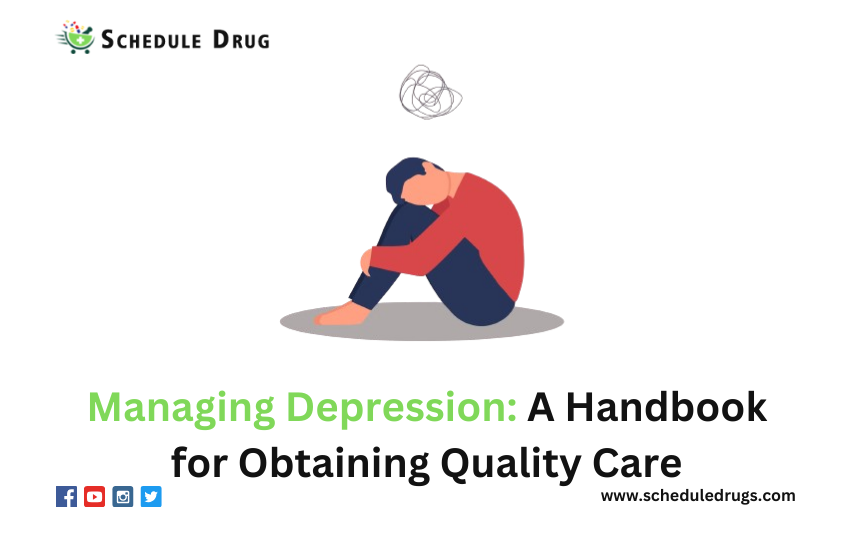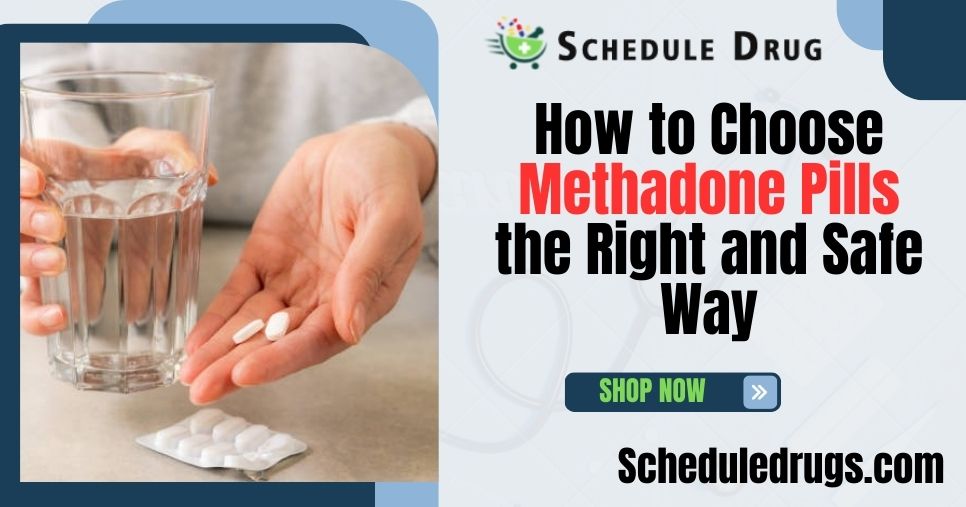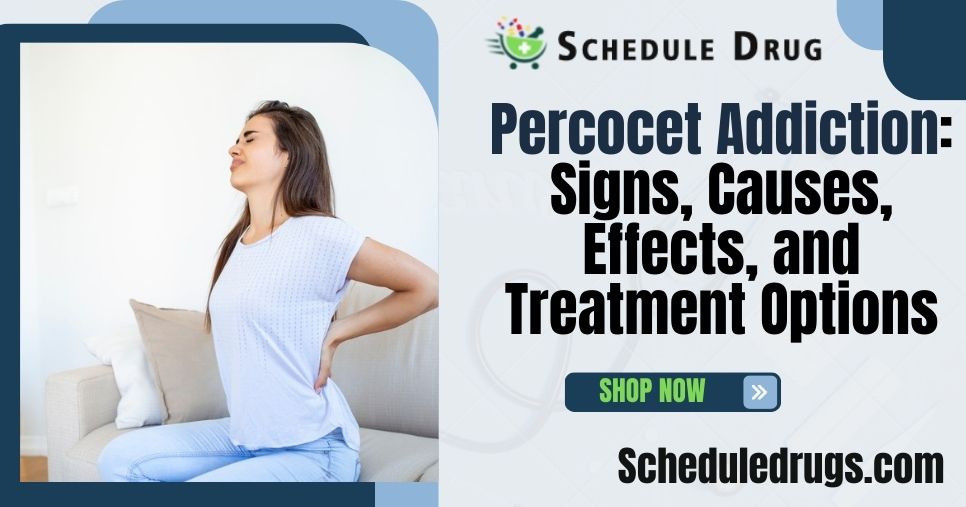Coping with Depression: A Guide to Getting Good Treatment
While sadness is familiar in everyone’s lives, not all have experienced depression. If you have never been through this condition, you do not fully grasp what it is like to live with depression. It is a complex mental health condition that affects your mood and ability to think, feel, and function.
Depression blunts sensations of pleasure, stifles creativity, closes off connectedness, and at the worst stage, shuts down hope. It often causes deep emotional pain to the individual experiencing it and their close relatives and friends. It is more of a feeling of being stuck in overwhelming darkness that will never leave your life.
What Do the Statistics Say?
In the United States, an estimated 17.3 million adults, approximately 7% of the total population, experience at least a single major depressive episode a year, making depression one of the most common mental illnesses in the USA, according to the National Institute of Mental Health.
A recent report from a nonprofit organization, namely Mental Health America (founded in 1909), provides startling statistics saying that one of the most disturbing symptoms of depression is thoughts of suicide.
According to the 2021 report by the State of Mental Health in America, the suicidal tendency among adults increased by 0.15 percent between the year 2016 to 2017 and the calendar year 2017 to 2018, meaning an additional 460,000 people. Although not one treatment measure can treat all people with depression, there are many effective options to cure this dire medical condition; one of the methods is bound to help you heal if you are going through this illness.
According to the February 22, 2019, edition of the journal Neuropsychiatric Disease and Treatment, roughly two-thirds of the population living with depression do not receive the proper medical care they need.
How Do you Know you Have Depression?
It could be challenging to recognize the signs of depression because it varies widely from person to person, and sometimes, it can be masked by atypical symptoms. For example, some people with depression may show it by acting resentful, disgruntled, or irritable. One may consider aggressive behavior, including outright acts of violence, can be an indicator of depression, according to the Psychiatric Times report of February 28, 2017.
Depression masquerading as anger may surprise you at first, but not when you consider several underlying factors, such as alcohol or any substance abuse together with childhood trauma, have been closely linked to both.
Similarly, it is not clear why an individual experiences anxiety at an alarming peak for developing depression, and vice versa. According to the trusted National Alliance on Mental Illness reports, as many as 60 percent of individuals with anxiety will also have symptoms of depression. The same goes for people with depression having anxiety symptoms. Experts believe that there is often a genetic predisposition behind these co-occurring disorders.
Depression may also have a psychosomatic manifestation, meaning that rather than presenting first and foremost as a mood disorder, the dominant signs maybe things like dizziness, vague aches, digestive problems, headaches, or back pain, as per the Journal of Clinical Psychiatry reports. The most complicating matter is that it is often hard to know whether depression is because of the physical symptoms or the physical symptoms are causing depression.
Ways to Cope with Depression
Communicate
If you suspect that depression interferes with your everyday life, talk about your experiences and discuss treatment options with a medical healthcare provider. As per the trusted Anxiety and Depression Association of America reports, abundant evidence supports that people with depression who seek treatment will get significant relief from lifestyle changes, take medication, talk therapy (psychotherapy), or a combination of all efforts. Communication does not cause any side effects, and you may try any of the following talk therapies to cope with depression:
- Behavioral activation therapy reverses the downward spiral of depression by encouraging you to go for experiences and activities that make you happy.
- Cognitive-behavioral therapy (CBT) focuses on altering specific negative thought patterns so that you respond better to challenging and stressful situations.
- Interpersonal therapy is a structured, time-bound therapy that focuses on identifying and improving problematic relationships and circumstances related to persisting depressive moods.
- Problem-solving therapy: It is a form o CBT teaches individuals how to solve real-life stressors.
Lifestyle Changes
To cope with depression, adapting healthy changes in lifestyle, such as journaling, making art, practicing yoga or mindfulness, and exercising more, can alleviate depression. Alternative treatment measures such as acupuncture, massage, and light therapy may also help. Diet changes can also uplift your mood as it reduces inflammation and help ensure your brain receive the nutrients to function at its best.
According to some reports, self-reported depression symptoms have dropped significantly in three weeks in young adults who altered from a high-carbohydrate, highly processed diet to a Mediterranean diet full of vegetables, lean proteins, whole grains, unsweetened dairy, olive oil, nuts and seeds, and the spices cinnamon and turmeric.



